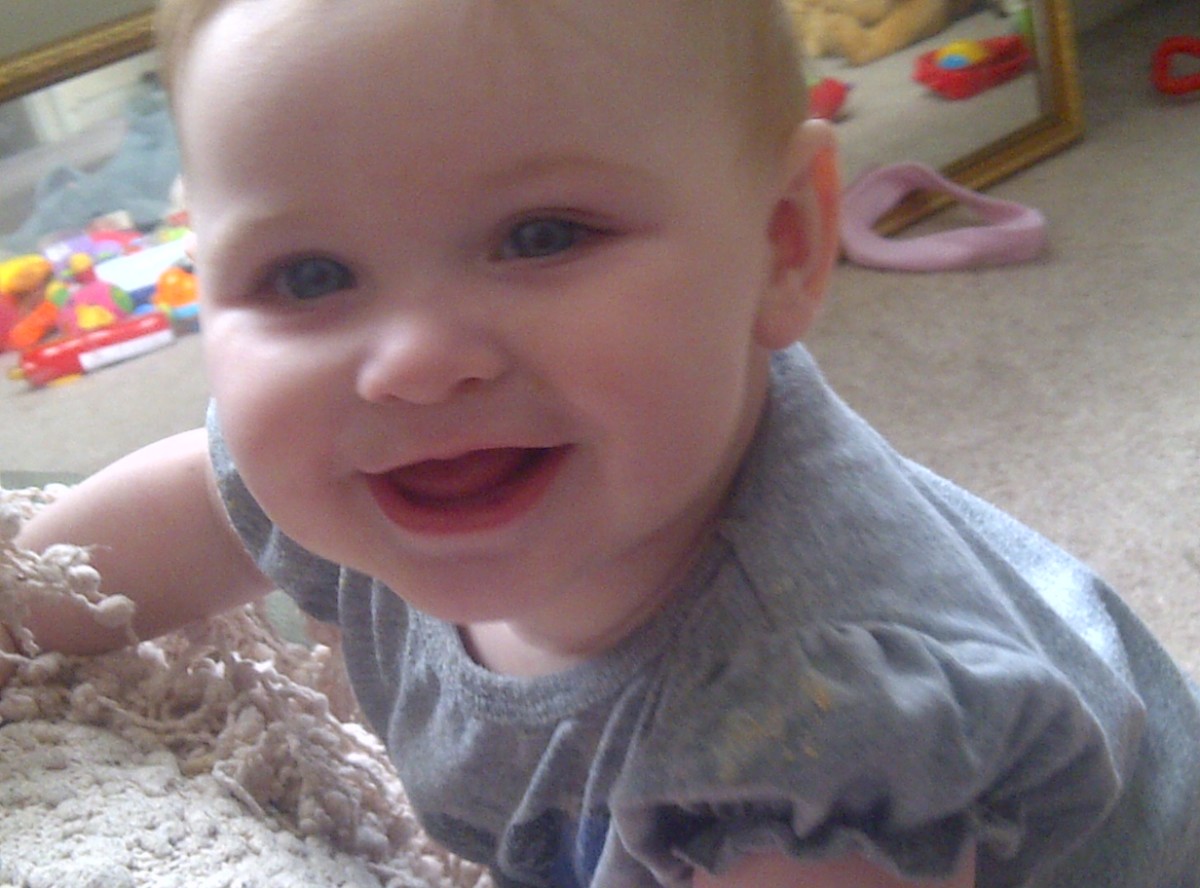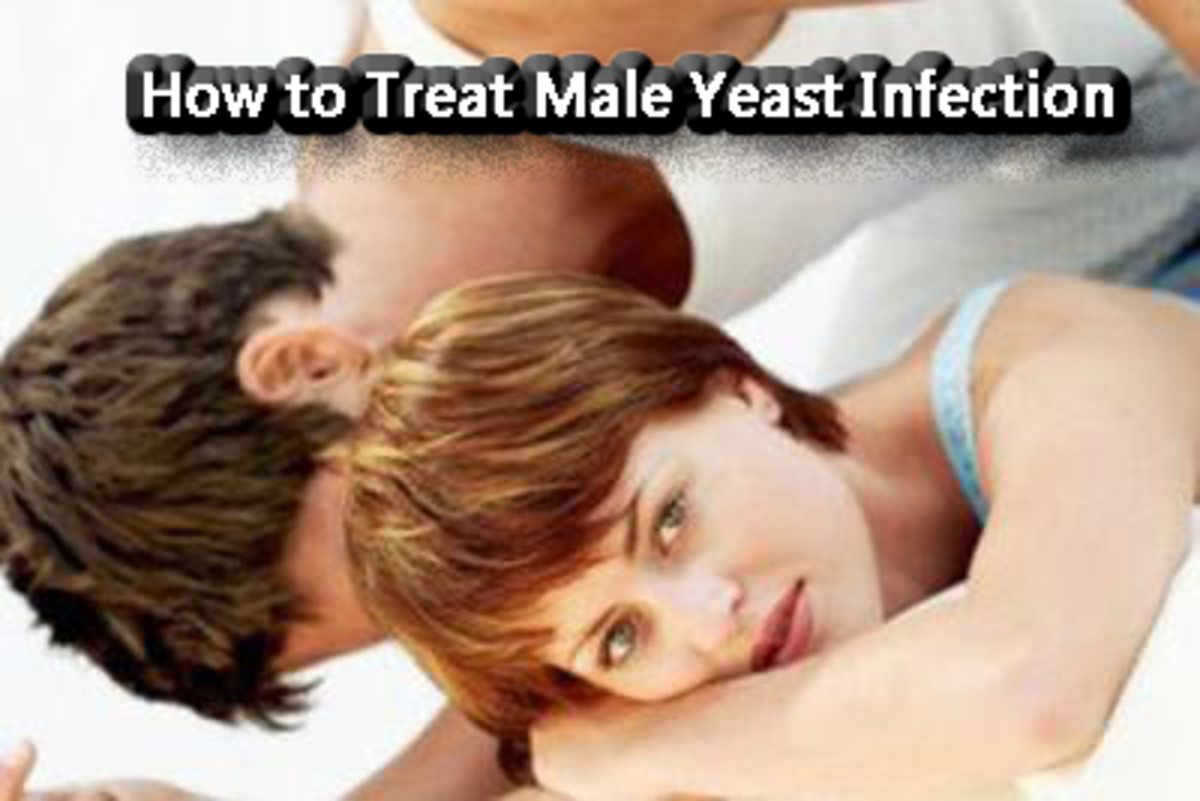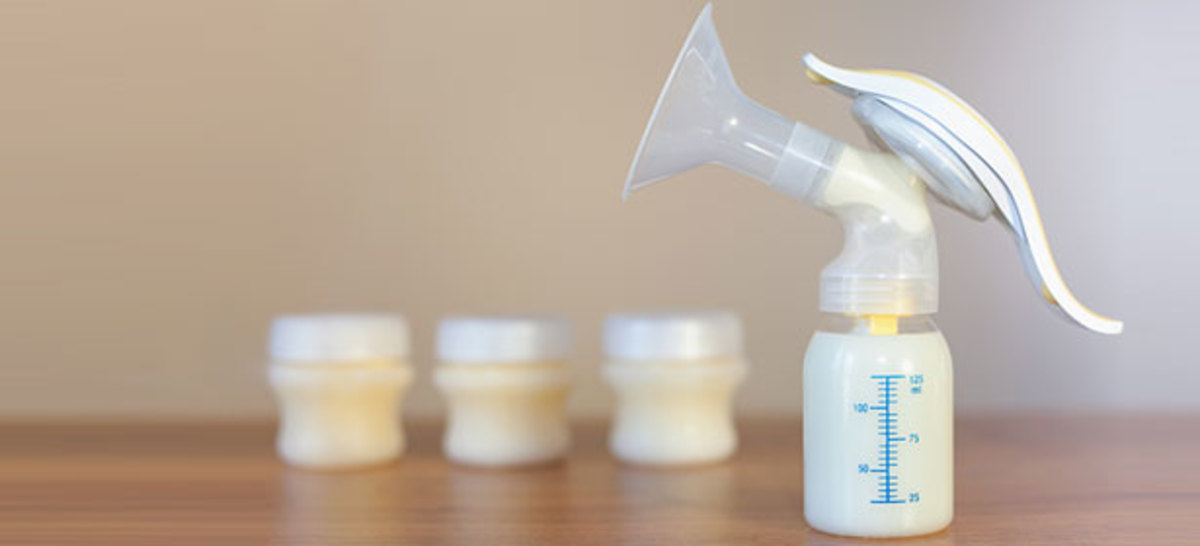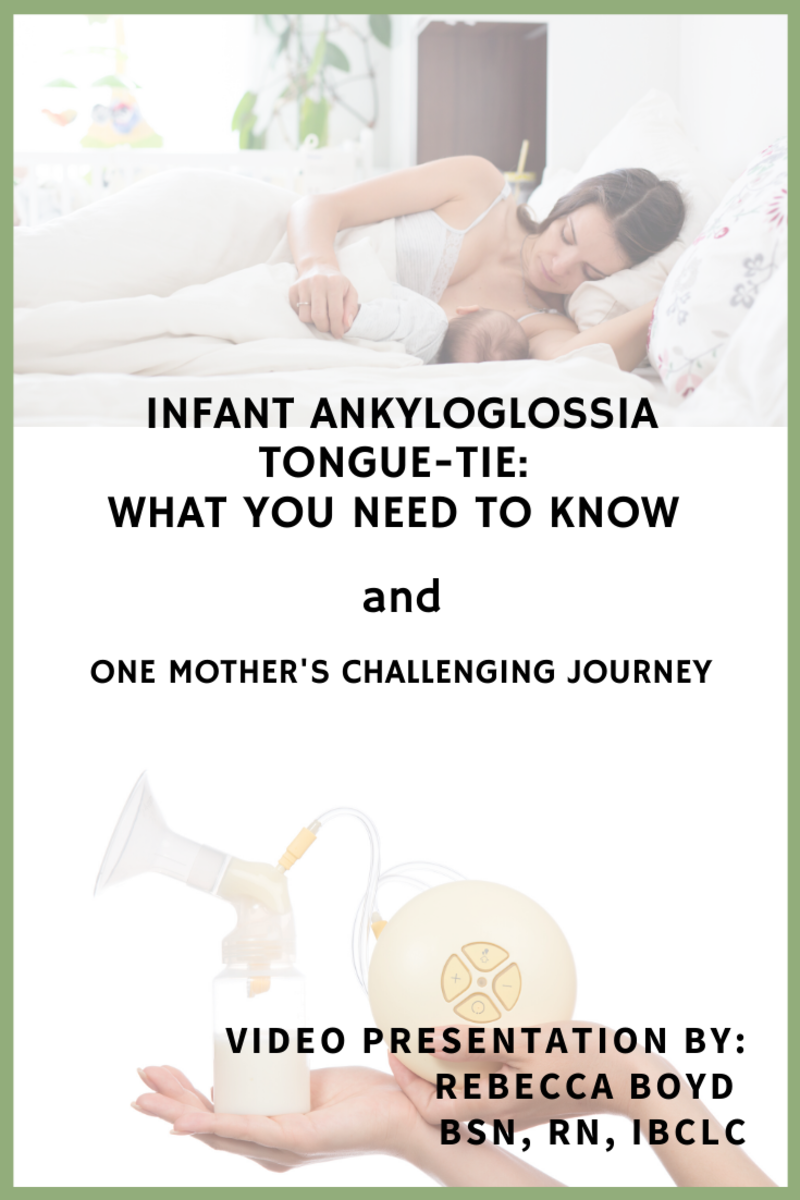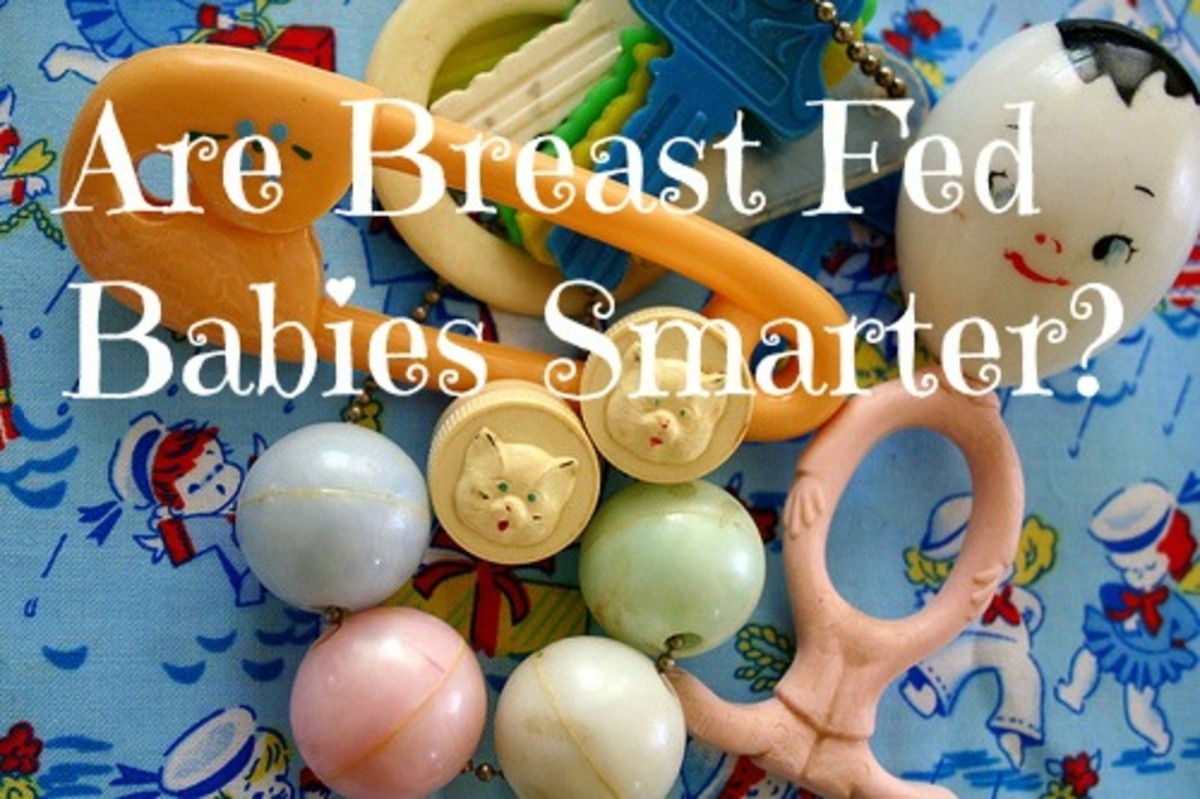How to Cope with Breastfeeding Challenges
Good breast care will make breastfeeding a better experience for you and your baby. When your breasts are not in good health, breastfeeding can be painful or impossible. These are some of the common challenges nursing mothers face.
Engorgement
Once the milk comes in but before it starts to flow, your breasts may feel hard and possibly huge. You will be aching, literally, to empty your breasts. If your breasts are not emptied, they may become engorged. This can be painful so avoid it by feeding your baby frequently. You may have to manually express some milk while you and your baby get the hang of breastfeeding. If you stop breastfeeding when your breasts are over full because it's uncomfortable, you're setting yourself up for a vicious cycle.
Even if you need to use a pump, get the milk out. Sometimes it's difficult for a newborn to latch onto an engorged breast. You need to get enough milk out to soften the nipple so that the baby can latch on. You can also put a hot water bottle or warm washcloth over your breasts or simply take a warm shower prior to breastfeeding. The heat often promotes the breasts to release some of the excess milk naturally, therefore softening the breast for your baby.
You can also try massaging your breasts (if it doesn't hurt too bad!) from the armpit toward the nipple to soften them. After breastfeeding, rinse the baby's saliva from nipple and allow it to dry completely. If you can, air dry or you can also use a hairdryer on a low setting. If breasts are still engorged, ice packs in between feedings can help to decrease swelling.
Ask your doctor before taking any treatments - usually none are necessary.
Mastitis
Mastitis is a bacterial infection in the breast caused by a clogged milk duct. It causes swelling and burning and usually occurs in one breast at a time. Mastitis can be extremely painful. It can also cause fever. It needs to be treated by a doctor, who will probably prescribe antibiotics to fight the infection. In addition you will need as much rest as possible (good luck!) and to keep up your strength by eating right.
It's suggested to continue breastfeeding if you have Mastitis as it's thought to speed the mother's recovery. The methods listed above to promote comfort when engorged can also be used for Mastitis.
Cracked Nipples
Cracked nipples are the worst. They seem to especially affect fair skinned women. This is one area where you need to be proactive. Do everything you can to protect your nipples before they crack and once they do, you need to heal them thoroughly. For my first child I tried to be a trooper and breastfeed through this very painful condition. On my second, I got smart and at the first sign of cracking, I rested that nipple. I used a pump, which is much gentler on the nipple than the baby is, until it healed.
Some women are able to avoid cracked nipples by altering the position the baby nurses in. My mother swore by lanolin cream. I rubbed that on for months before my first was born in an effort to "toughen them up", but it didn't work for me. If you have very soft skin or very small areolas (the circle around your nipple), you are at risk.
Prevention is the best policy. The best thing you can do is keep the nipple clean and dry. After breastfeeding, rinse the baby's saliva from nipple and allow it to dry completely. If you can, air dry or you can also use a hairdryer on a low setting. Most lotions and creams do little to help and they need to be washed off before breastfeeding again.
If the nipples crack, try placing a wet teabag on them for a couple of minutes and then letting them dry. Using fabric breast pad instead of plastic lined ones will keep the nipples dryer. There are even special breast pads now with ointment on them to help the nipples heal.
Yeast Infection
A yeast infection of the breast will be painful. These are often transmitted from the baby's mouth to the breast while nursing. You'll know you have it based on the telltale thick, whitish substance on your breast or in baby's mouth. In this case, your doctor may prescribe medicine for both you and your baby.
Once you get past the initial breastfeeding learning curve, it becomes the most natural thing in the world. Please post any additional ideas you have in the comments section below.
More Breastfeeding Resources
Common Sense Medical Disclaimer
Read more from Lela at http://www.leladavidson.com/
Read Lela's humor column, After the Bubbly at Who is Isabella?
Learn about writing with Writing Mom


